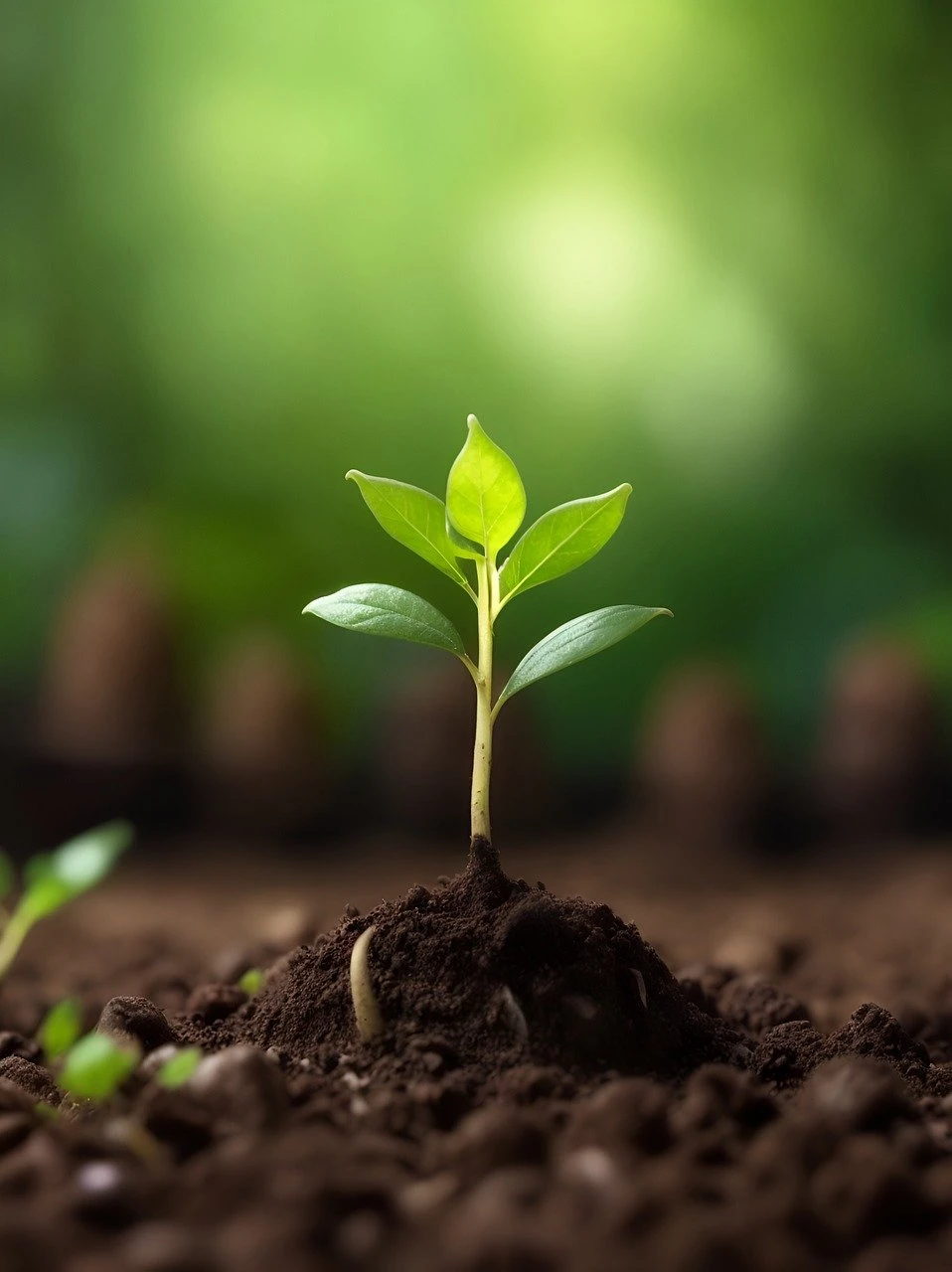how to prevent food waste in restaurants?



Anusuya Tamilrajan
Enironmental Enthusiast February 12
Vegan and vegetarian diets are trending now, with many people shifting towards plant-based eating. Various vegan and vegetarian communities actively promote this lifestyle, attracting more followers.
I personally eat non-veg once a week, yet I still find it challenging to meet my protein requirements. This makes me wonder, how do those following a completely plant-based diet manage to get enough protein, given the limited options available? If meeting protein needs is already a challenge for me, how do athletes—who require even higher protein intake for strength, endurance, and recovery—thrive on a vegan or vegetarian diet.

Traditionally, sources like eggs, chicken, and seafood have been the go-to protein options for athletes. But some top athletes, including Novak Djokovic, Lewis Hamilton, and Venus Williams, follow plant-based diets and continue to perform at the highest level. How do they meet their protein needs without animal-based sources?
Plant-based diets emphasize foods like lentils, chickpeas, quinoa, nuts, and tofu—some of which are high in protein. But are these sources enough to sustain the demanding physical needs of athletes? Do they provide the same efficiency in muscle recovery and strength-building as animal proteins?
Beyond performance, a shift toward vegetarian or vegan diets is often linked to sustainability. Plant-based foods generally require fewer resources—less water, less land, and lower carbon emissions. But how significant is this impact? Does reducing or eliminating animal-based foods truly contribute to a more sustainable future?
With so many perspectives on health, nutrition, and the environment, it’s an interesting space to explore. What are your thoughts? Can a plant-based diet fully support athletic performance? And how much does it really contribute to sustainability?
Related Conversations